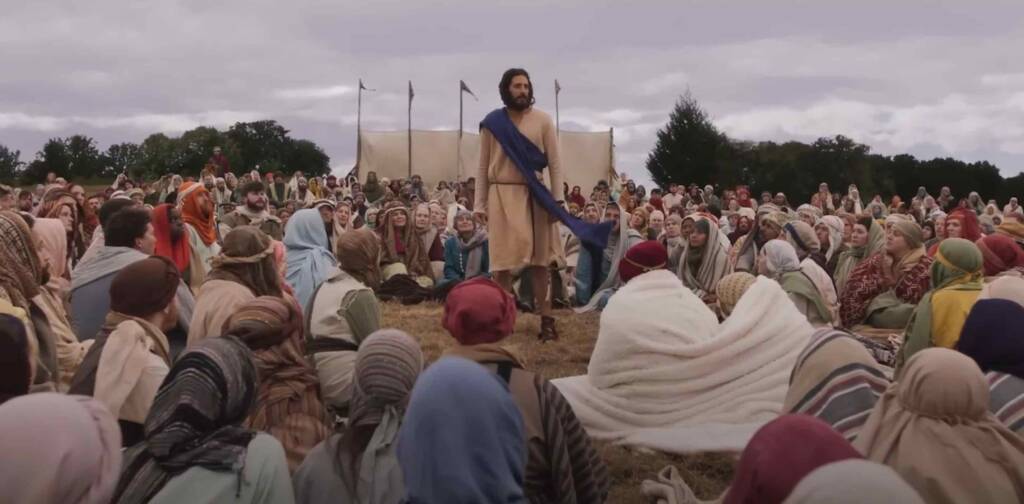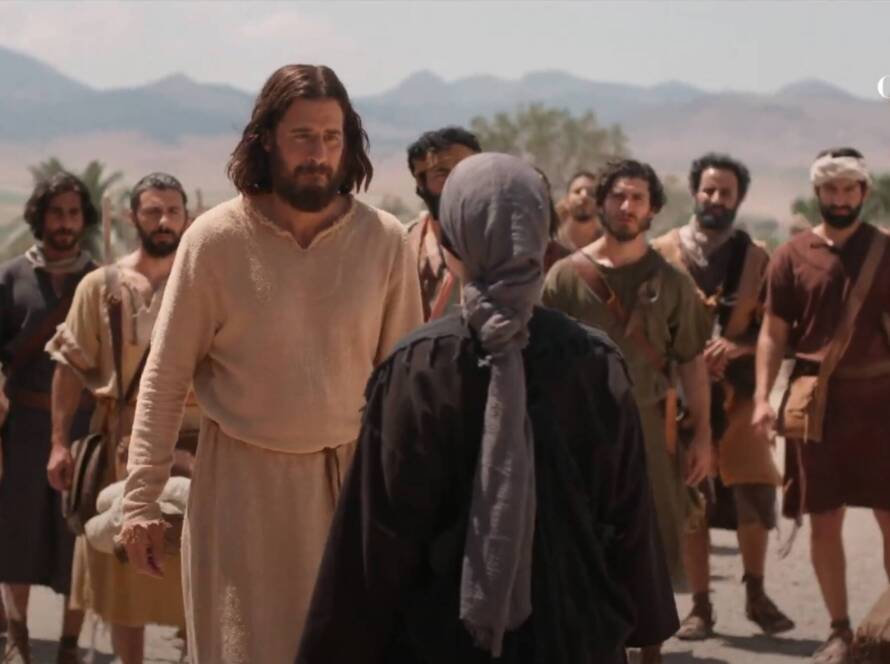The Sermon on the Mount: Teachings of Jesus
The Sermon on the Mount is one of the most well-known and influential teachings of Jesus, recorded in the Gospel of Matthew, chapters 5 through 7. Delivered on a hillside in Galilee, it presents the heart of Jesus’ message about the Kingdom of God and how His followers should live. More than just a set of moral guidelines, it is a call to inner transformation, love, and righteousness that goes beyond outward religious observance.
The Setting and Purpose
Jesus had already begun His ministry of preaching, healing, and gathering disciples. Large crowds followed Him, eager to hear His words. In this context, He went up on a mountain and began to teach. Mountains in Scripture often symbolize closeness to God and divine revelation, much like Moses receiving the Law on Mount Sinai. In this way, the Sermon on the Mount echoes the giving of the Law but presents a new way of life rooted in grace and love.
Key Teachings of the Sermon on the Mount
1. The Beatitudes (Matthew 5:3–12)
Jesus begins with blessings that turn the world’s values upside down:
Blessed are the poor in spirit – Those who recognize their dependence on God.
Blessed are those who mourn – Those who grieve over sin and suffering, who will be comforted.
Blessed are the meek – The gentle, not the proud or aggressive, who will inherit the earth.
Blessed are the peacemakers – Those who bring reconciliation, reflecting God’s own heart.
These statements show that true happiness and blessing come not from power or wealth, but from humility, mercy, and a heart attuned to God.

2. Salt and Light (Matthew 5:13–16)
Jesus tells His followers they are “the salt of the earth” and “the light of the world.” Salt preserves and adds flavor, while light guides and reveals truth. Christians are called to live in such a way that their lives reflect God’s goodness, influencing the world for the better.
3. Fulfilling the Law (Matthew 5:17–48)
Jesus clarifies that He has not come to abolish the Law, but to fulfill it. He then deepens the meaning of commandments:
Not just avoiding murder, but avoiding anger and hatred.
Not just avoiding adultery, but resisting lust.
Not just loving friends, but loving enemies and praying for persecutors.
This shifts the focus from outward obedience to inward purity and love.
4. Practices of Piety (Matthew 6:1–18)
Jesus warns against practicing righteousness for show. Acts like giving to the poor, praying, and fasting should be done sincerely for God, not for human approval. Here He also teaches the Lord’s Prayer, a model of simple, heartfelt prayer that honors God, seeks His will, and asks for daily needs, forgiveness, and deliverance from evil.
5. Trust in God (Matthew 6:19–34)
Jesus teaches against storing up earthly treasures, urging instead to seek treasures in heaven. He reminds His listeners not to worry about food, clothing, or tomorrow, because God provides for His creation. The call is to “seek first the kingdom of God and His righteousness.”

6. Judging and Discernment (Matthew 7:1–12)
Jesus cautions against hypocritical judgment: before removing the speck from another’s eye, one must first remove the plank from one’s own. Yet He also encourages discernment, like not casting pearls before swine. He assures His followers that God, like a loving Father, gives good gifts to those who ask.
7. The Narrow Way and Wise Living (Matthew 7:13–29)
Jesus concludes with a call to decision: the narrow gate that leads to life versus the broad road that leads to destruction. He warns against false prophets and emphasizes that true discipleship means doing the Father’s will. He illustrates this with the parable of the wise and foolish builders—only those who hear His words and put them into practice build on solid rock.
The Meaning and Relevance Today
The Sermon on the Mount challenges every generation. It is not merely an ethical code, but a vision of life in God’s Kingdom:
Inward transformation over outward performance. Jesus calls for purity of heart, sincerity, and love.
Radical love. Loving enemies and forgiving others reflect God’s character.
Trust in God’s provision. Freedom from anxiety comes when we prioritize God’s kingdom.
Practical discipleship. The sermon ends by urging action, not just hearing.
For Christians, the Sermon on the Mount shows what it means to follow Jesus. For the wider world, it remains a profound moral vision, inspiring movements of justice, peace, and compassion.





